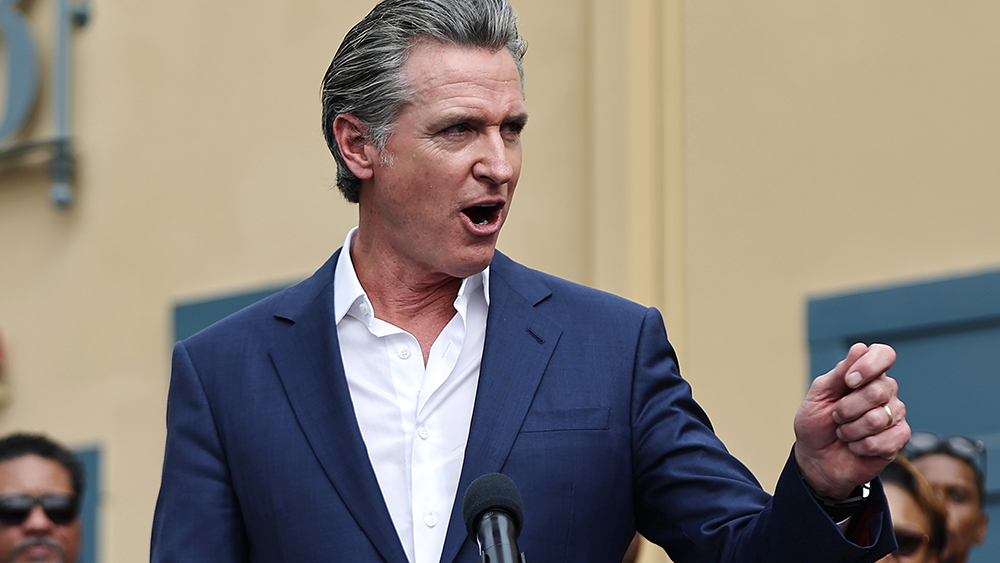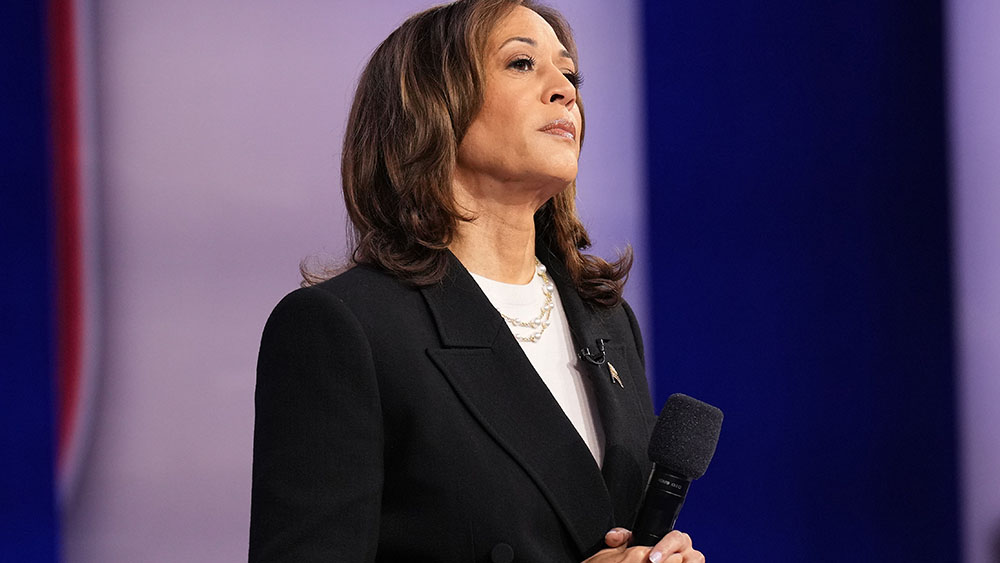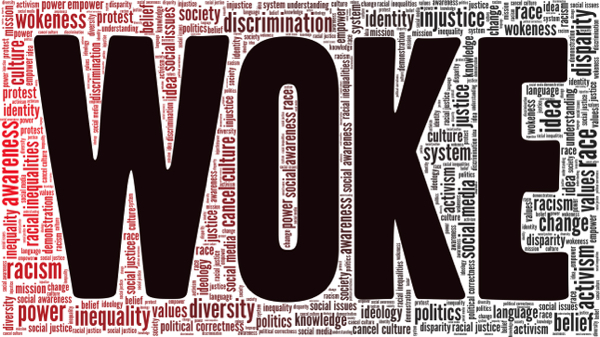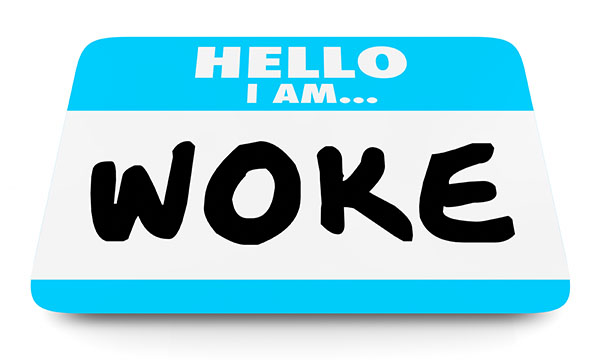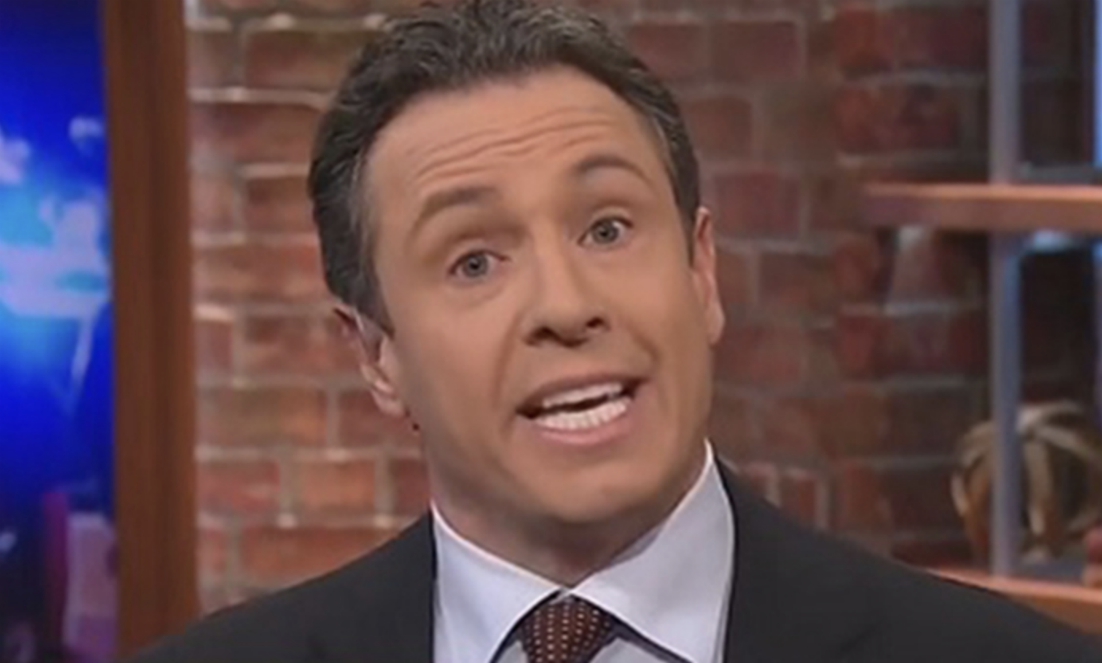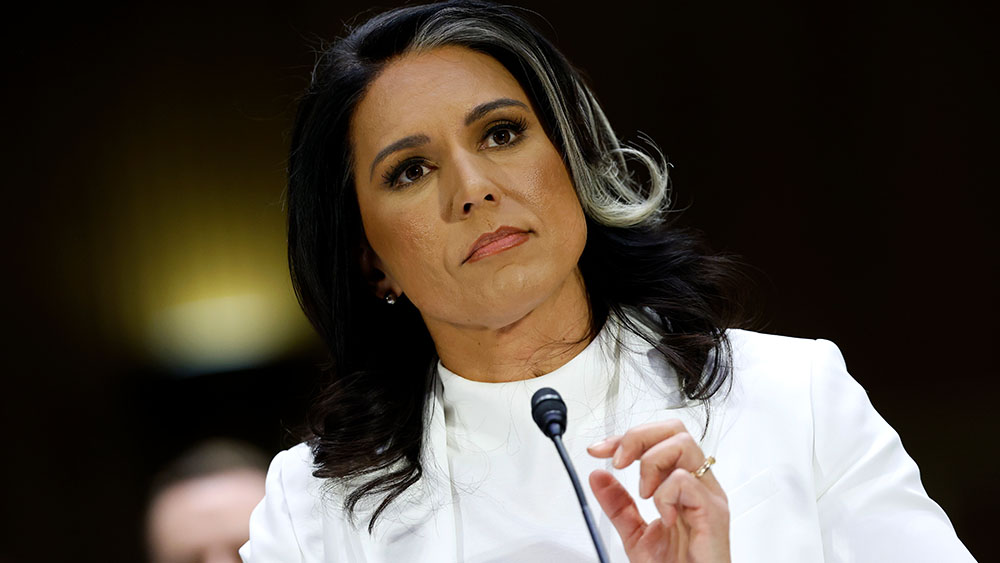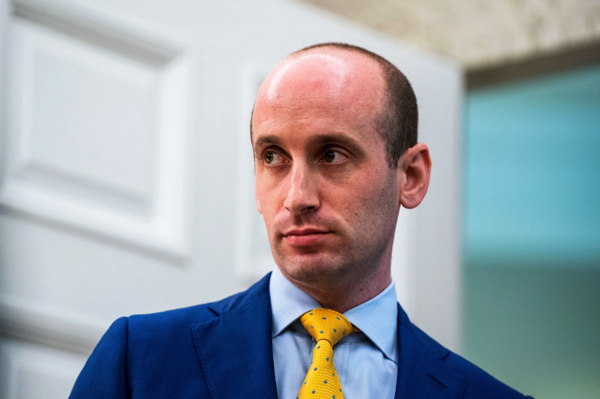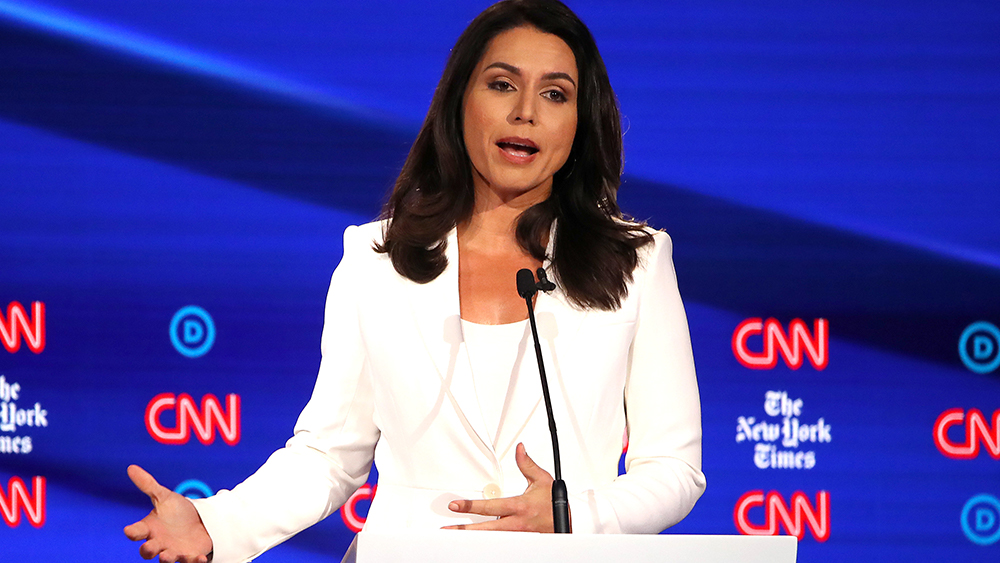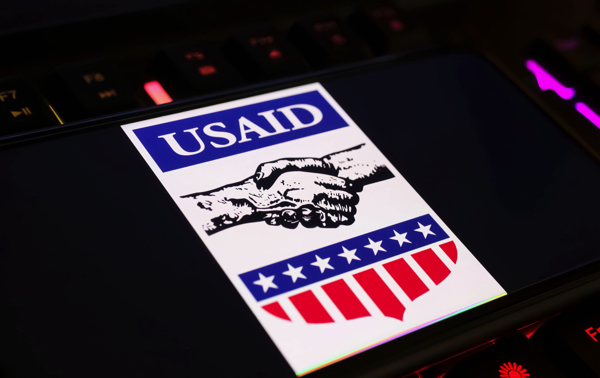Trump announces executive order to require voter ID and restrict mail-in ballots
09/03/2025 / By Kevin Hughes
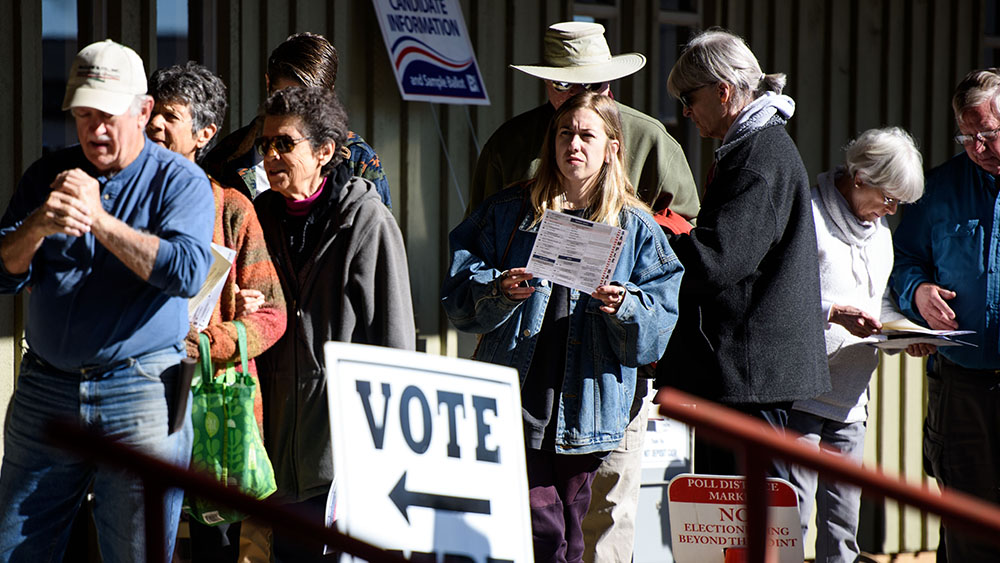
- President Donald Trump announced his intention to issue an executive order mandating voter identification for all federal elections, aiming to protect election integrity, despite facing criticism for potential overreach and disenfranchisement of voters.
- Trump’s executive order is expected to encounter immediate legal challenges, as previous rulings have indicated that election regulations are the responsibility of Congress and states, not the president. The administration argues that the president has the authority to interpret and enforce existing federal election laws.
- Voter ID requirements are popular among Americans, with 84 percent of U.S. adults in favor, including significant support across party lines. Republicans believe this move could energize conservative voters for the 2026 midterms, while civil rights groups warn it could suppress turnout in marginalized communities.
- Trump’s executive order is part of a larger effort to tighten voting laws, including a previous directive requiring proof of citizenship for voter registration and support for the SAVE Act, which aims to prevent non-citizens from voting. These efforts align with Republican-led initiatives at the state level to implement stricter voting regulations.
- Trump reiterated his opposition to mail-in voting and electronic voting systems, advocating for a return to paper ballots, except for the very ill and military personnel overseas. This stance is met with concerns from election officials about the practicality and accuracy of hand-counting paper ballots.
President Donald Trump declared on Saturday, Aug. 30, that he will issue an executive order (EO) requiring voter identification for all federal elections. While he defends the move as necessary to safeguard election integrity, critics argue it oversteps presidential authority and risks disenfranchising voters.
In a late-night post on Truth Social, Trump emphatically stated: “Voter ID must be part of every single vote. No exceptions! I will be doing an executive order to that end. Also, no mail-in voting except for those that are very ill and the far away military. Use paper ballots only!”
The announcement follows Trump’s longstanding claims that the 2020 election was stolen due to widespread fraud, including illegal voting by non-citizens and irregularities in mail-in ballots. His latest push aligns with broader Republican efforts to tighten voting laws.
But Trump’s attempt to enforce voter ID via executive order is likely to face immediate legal hurdles. Earlier this year, U.S. District Judge Colleen Kollar-Kotelly, a Clinton appointee, blocked portions of a similar executive order, ruling that the Constitution delegates election regulations to Congress and states – not the president.
“Consistent with that allocation of power, Congress is currently debating legislation that would affect many of the changes the President purports to order,” Kollar-Kotelly wrote in her April ruling. “No statutory delegation of authority to the Executive Branch permits the President to short-circuit Congress’ deliberative process by executive order.” (Related: Federal judge halts PROOF OF CITIZENSHIP requirement for voter ID.)
Despite judicial pushback, Trump’s administration has appealed, arguing that the president has the authority to interpret and enforce existing federal election laws. Government lawyers stated: “The Executive has interpreted the law for centuries—this is nothing new, and certainly nothing constitutionally objectionable. But, in any event, the President’s interpretation of those laws accords with their text, purpose and history, and he has the authority to interpret for the Executive Branch what they require.”
Public support for voter ID remains high
While legal experts debate presidential authority, voter ID requirements remain broadly popular among Americans. A pre-2024 Gallup poll found 84 percent of U.S. adults support requiring ID at the polls, including 67 percent of Democrats, 84 percent of independents and 98 percent of Republicans. Similarly, 83 percent favored proof of citizenship for first-time voter registration.
Republican strategists argue that Trump’s executive action could energize conservative voters ahead of the 2026 midterms, where Democrats aim to break GOP control of Congress. Meanwhile, civil rights groups warn that strict ID laws could suppress turnout among marginalized communities.
Trump’s latest order builds on his March directive requiring proof of citizenship for federal voter registration. That measure faced immediate lawsuits, with a federal judge blocking most provisions while allowing tighter mail-in ballot deadlines to stand.
The president has also championed the Safeguard American Voter Eligibility Act (SAVE) Act, a GOP-backed election reform bill that passed the House but stalled in the Senate. At the state level, Republican-led legislatures have advanced voting restrictions. One prominent example is Texas, where Gov. Greg Abbott recently signed a redistricting bill favoring GOP House seats.
According to Brighteon.AI‘s engine Enoch, the SAVE Act is designed to strengthen voter registration procedures by requiring proof of U.S. citizenship to vote in federal elections, aiming to prevent non-citizens from influencing election outcomes. Proponents like Rep. Chip Roy (R-TX) and House Speaker Mike Johnson (R-LA) argue it is necessary to restore trust in the electoral system, while critics claim it could suppress legitimate votes.
Trump also reiterated his opposition to mail-in voting and electronic voting systems, calling for a return to paper ballots only, except for the “very ill” and military personnel overseas. Election officials warn that hand-counting paper ballots is slower, costlier and less accurate than machine tabulation.
The administration has yet to clarify how it plans to enforce these mandates, given that states administer federal elections. Legal experts suggest any sweeping federal order could trigger a Supreme Court battle over states’ rights. With the 2026 midterms looming, Trump’s executive order – if implemented – could reshape voting access nationwide.
Follow VoteFraud.news for more news about voter identification.
Watch Jim Stroud’s commentary on the outrage regarding voter ID laws in this clip.
This video is from The Jim Stroud Show channel on Brighteon.com.
More related stories:
Federal appeals court upholds Texas voter ID requirement for mail-in ballots.
Trump’s bold bid to overhaul voting system sparks legal debate amid 2026 countdown.
Bill requiring voter ID passes in Michigan Senate.
Sources include:
Submit a correction >>
Tagged Under:
Americans, Chip Roy, Colleen Kollar-Kotelly, congress, democrats, Donald Trump, election integrity, electoral system, executive order, fake polls, federal elections, GOP, Greg Abbott, house, liberals, mail-in ballots, Mike Johnson, Republicans, rigged, SAVE Act, senate, Supreme Court, vote fraud, voter ID
This article may contain statements that reflect the opinion of the author
RECENT NEWS & ARTICLES
COPYRIGHT © 2020 canceldemocrats.news
All content posted on this site is protected under Free Speech. canceldemocrats.news is not responsible for content written by contributing authors. The information on this site is provided for educational and entertainment purposes only. It is not intended as a substitute for professional advice of any kind. canceldemocrats.news assumes no responsibility for the use or misuse of this material. All trademarks, registered trademarks and service marks mentioned on this site are the property of their respective owners.



